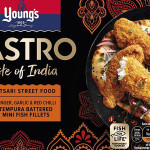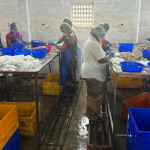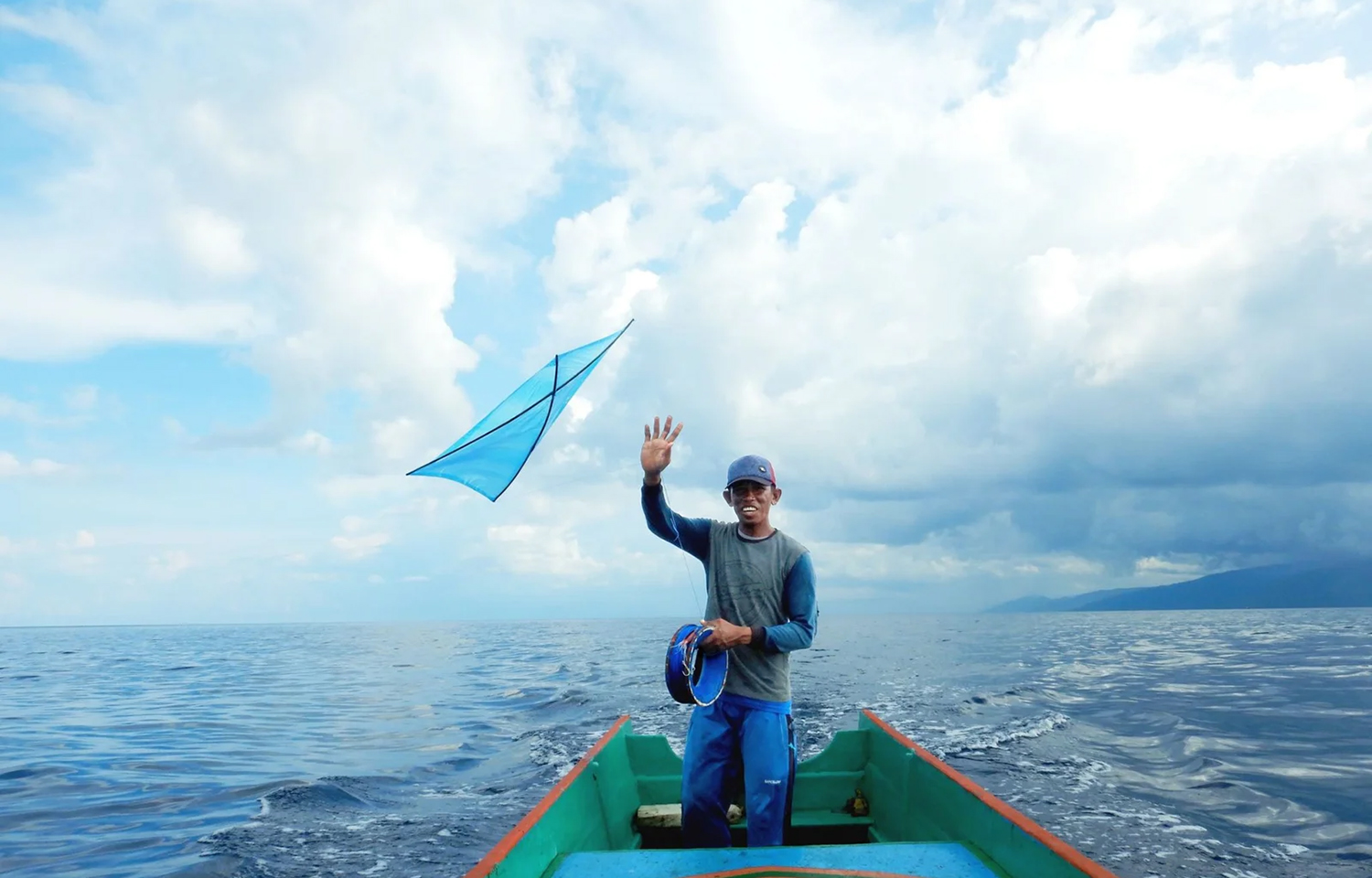MDPI, a Bali, Indonesia-based NGO that empowers coastal communities to carry out and maintain sustainable practices, has created a unique approach to working with small-scale fishers it says is paying off for both fishing communities and international supply chains.
The organization started as a corporate social responsibility program of the Netherlands-based seafood firm Anova Food in 2013.
Anova saw potential in working with small-scale fishers to ensure a steady supply of quality, sustainably sourced yellowfin tuna while simultaneously contributing to the management of the resource.
However, Anova soon realized improving fisheries practices in Indonesia was a daunting task, with few leverage points to drive real change.
“Around 90 percent of the fishers in Indonesia are small-scale fishers, and the government does not collect any taxes from the fishers. The fishery also has low requirements for licensing and registration in an effort to reduce administrative burdens on the fishers,” Irna Sari, an Indonesia advisor for the Walton Family Foundation, said. “The intention is good, but the lack of revenue generated by fisheries means there are few resources to support small-scale fishers, and the lack of revenue can act as a disincentive for government management. This challenge is compounded by high costs for management and enforcement of fisheries spread out over a large geographic area and 17,000 islands.”
Despite the challenges, Anova decided to proceed, setting up a corporate social responsibility program that became an independent NGO called MDPI, or Masyarakat dan Perikanan in Indonesia, sporting the motto, “Happy People, Many Fish.”
Soon after, Anova and MDPI jointly worked with a yellowfin tuna fishery to achieve Fair Trade USA certification. The collaboration with Fair Trade USA triggered MDPI to develop a specific fisheries community program.
This community work began to focus on supporting coastal community members and households by developing financial literacy and similar business-related training programs. MDPI also helped fishers organize into active cooperatives.
The ultimate goal with these efforts was to create the enabling conditions for strong social, environmental, and economic management of community resources, but these activities also soon generated the enabling conditions for fishers to maintain a healthy, sustainable business, according to MDPI Director Jaz Simbolon.
“MDPI works to prepare small-scale fishers to be resilient – not just resilient to the impacts of climate change and other environmental challenges, but also more resilient in business and more effective in business negotiations,” Simbolon said. “If supply chain companies can negotiate directly with a cooperative, that can benefit the producer and the buyer if the fishermen are prepared to negotiate directly. MDPI provides training and coaching to support the cooperatives to run and manage a small business and negotiate with more leverage.”
The organization now works in eight provinces of Indonesia and tries to harness market opportunities not just to be able to properly respond to supply chain demands, but to create strong economic enterprises that can deliver a responsible product to market and deliver equitable returns to coastal communities, Sari said.
“In order for these fisheries to have value – social, economic, and cultural – it requires support from private sectors, governments, and all actors because of the complexity of the fisheries,” Sari said. “What we have learned from other developing countries is that small-scale fisheries often face marginalization; they are actually punished because they cannot compete. We have to look at what appropriate measures make small-scale fishers critical actors in the global seafood system rather than marginalized actors.”
MDPI’s work on data collection is a good example of this strategy, according to Sari. The Indonesian government uses an electronic logbook (e-logbook) system for bigger vessels in its industrial fisheries, and MDPI is working to bring that process to small-scale fishers. Like their support systems for better business management, MDPI has developed training programs for fishers to engage with the e-logbook platform so managers within the country’s fisheries management department at the Indonesia Ministry of Marine Affairs and Fisheries officially recognize these small-scale fishers.
“The Indonesian government has people on the ground working with fishers, but they cannot do it alone. Their work needs to be supported and complemented by the work of NGOs. MDPI, with the support of The Walton Family Foundation, is pilot-testing the e-logbook process with 50 of the nearly 700 fishers we work with,” Simbolon said. “While this is only a portion of the fishers we work with, we are getting a good sense of the hurdles for fishers regarding filling in logbooks. As we reduce those hurdles and verify the information, the government will get more data to inform fisheries management and then, hopefully, will get value back.”
The return on MDPI’s work can be life-changing for small-scale fishers and communities working with MDPI, and what the organization is learning can help support the rest of Indonesia’s estimated 1 million to 2 million small-scale fishers, according to Simbolon.








